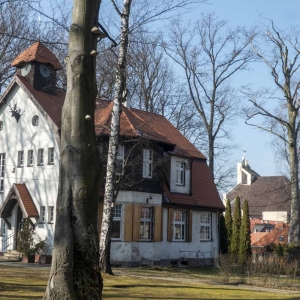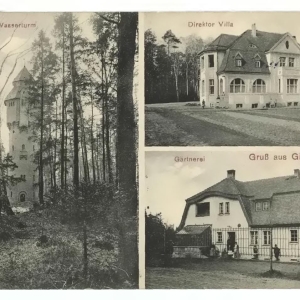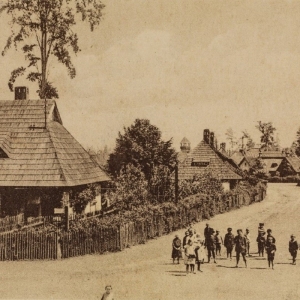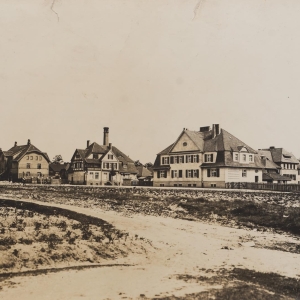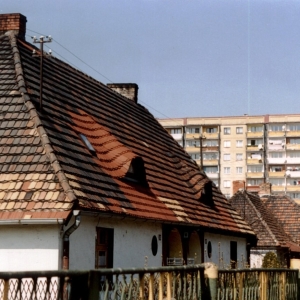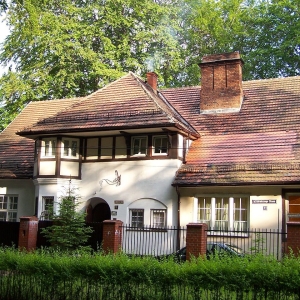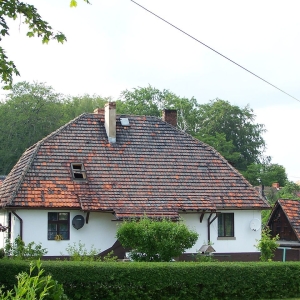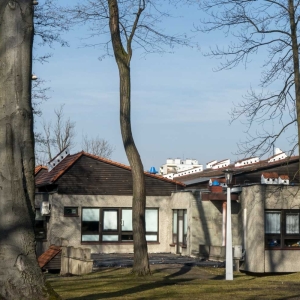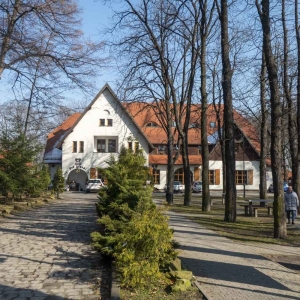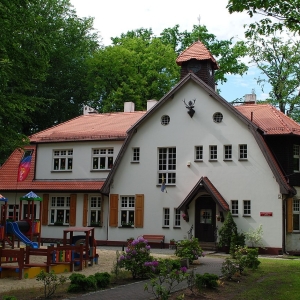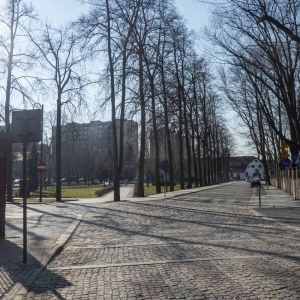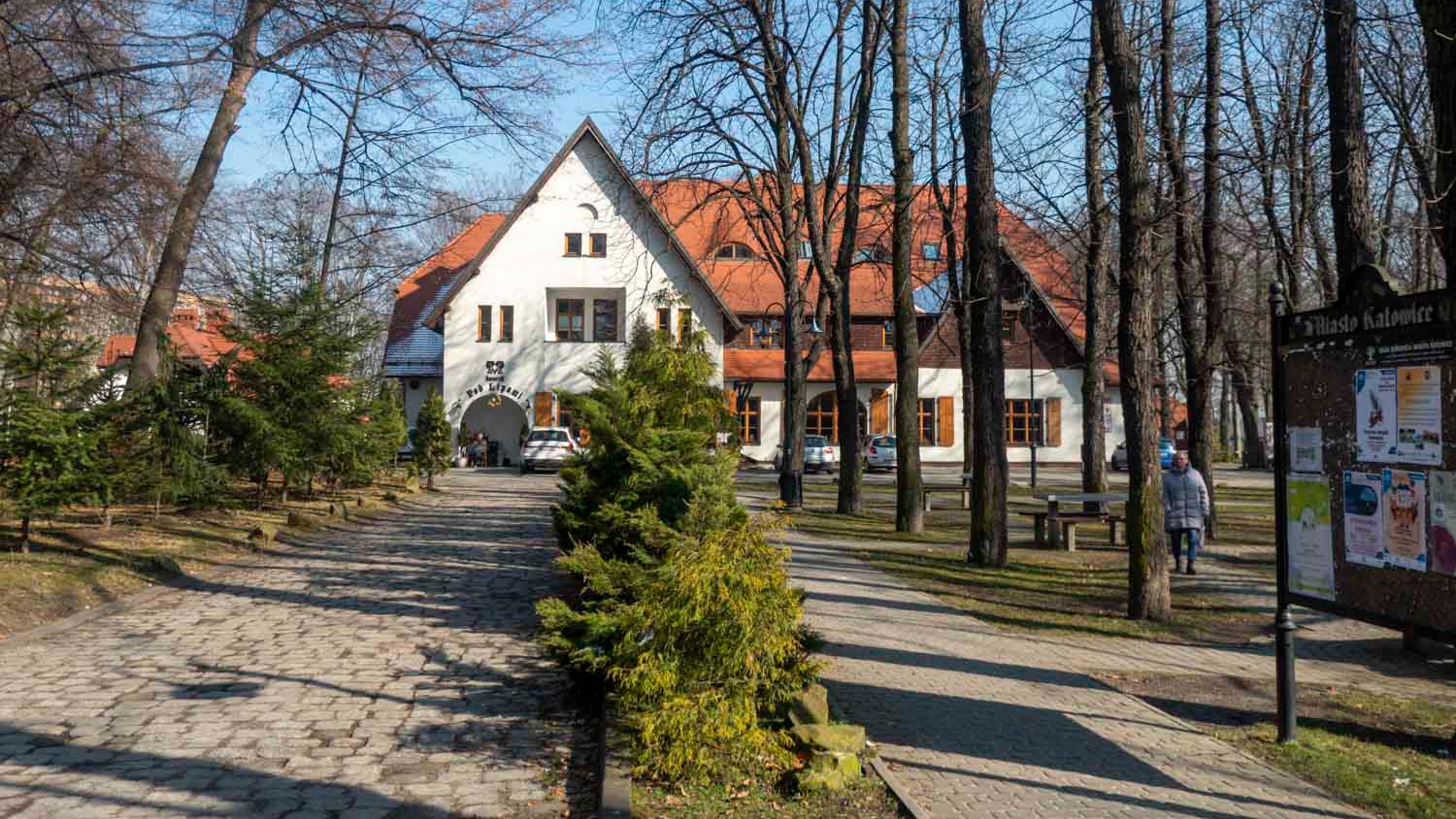
Giszowiec
Katowice, Poland
Former company town in Poland.
| Garden City Type: | Former company town |
| Country: | Poland |
| City: | Katowice |
| Years of construction: |
1907 Start construction 1910 Completion
|
| Initiator/client: | Anton Uthemann |
| Architect or related: |
George and Emil Zillmann Emil Zillmann (June 20, 1870 - May 22, 1937) and Georg Zillmann (July 9, 1871 - November 25, 1958) were cousins. They both studied at the Königliche Technische Hochschule) in Charlottenburg . The Zillmanns on Wikipedia [in Polish] |
| Heritage status: | No |
| General condition of Garden City: | Reasonable condition |
General description
Giszowiec (formerly Colonie Gieschewald), now an eastern district of the city of Katowice, was created in 1907. The company Georg von Giesches Erben, which in late 19th century owned many mines in Upper Silesia, planned it as a settlement for its coal miners.
The leading director of the settlement was Anton Uthemann, whose work was completed by George and Emil Zillmann, architects from Charlottenburg. They designed the settlement, which was inspired by Ebenezer Howard's idea of the Garden city. In just three years the project was completed. High living standard houses for 600 families were built, with four main streets leading to the central marketplace (today called Plac pod Lipami - Square under the Linden Trees).
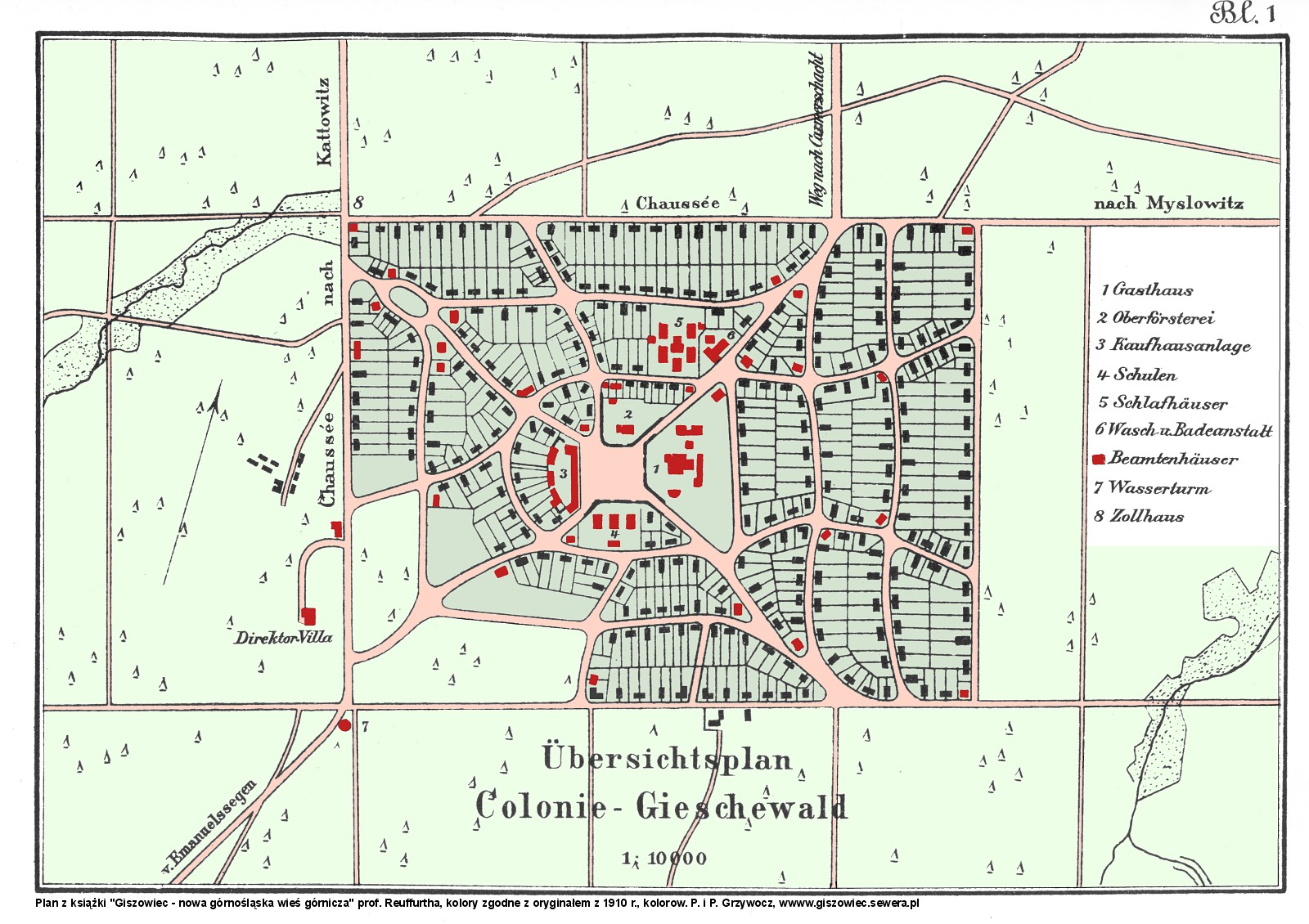 The primary construction plan of Giszowiec.
The primary construction plan of Giszowiec.
In the 1970s, plans were made by the authorities to demolish the estate. Small mining houses were to be replaced with concrete blocks. Unfortunately only 1/3 of the old buildings were saved from demolition and are currently under conservation care.
Architecture / Urban planning
The apartments were styled as old Upper Silesian peasant huts with a curved roof covering the building going down. The living quarters were located on the ground floor and there was also a cowshed under a common roof. These houses were mostly two-family houses and were inhabited by about 600 working-class and 38 clerical families.
The settlement had its own institutions, a hotel, department stores, a swimming pool and a water tower. Some dwellings were offered to miners who lived without family. Initially consisting of about 3,300 miners and their families, the district's population grew over the years to over 18,000.
Sources
- Website URL
- Website URL
giszowiec.info [in Polish]
- Website URL
History at Portal miejski mojeKatowice (The city portal myKatowice) [in Polish]

